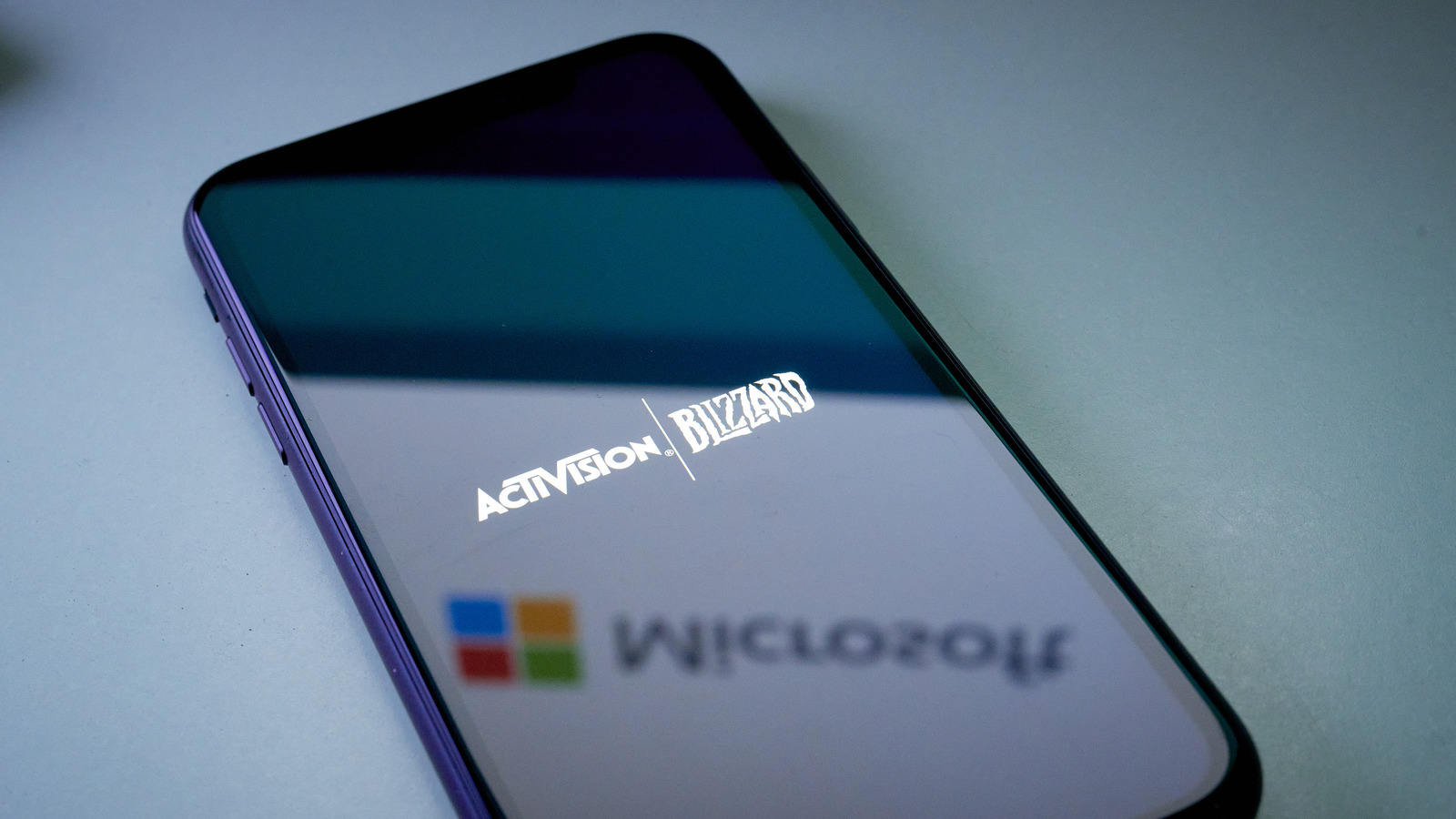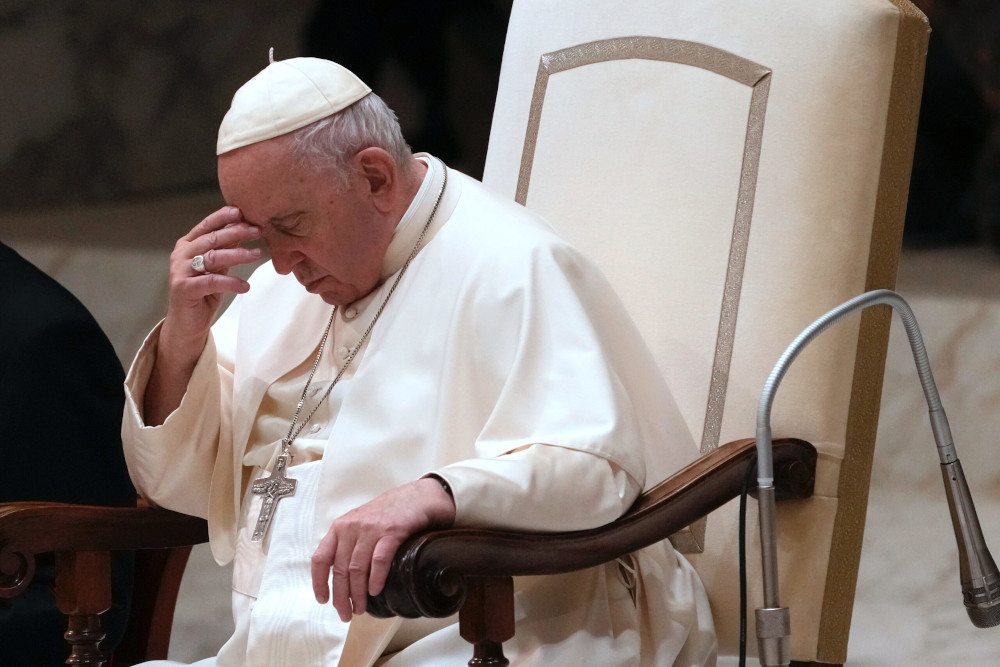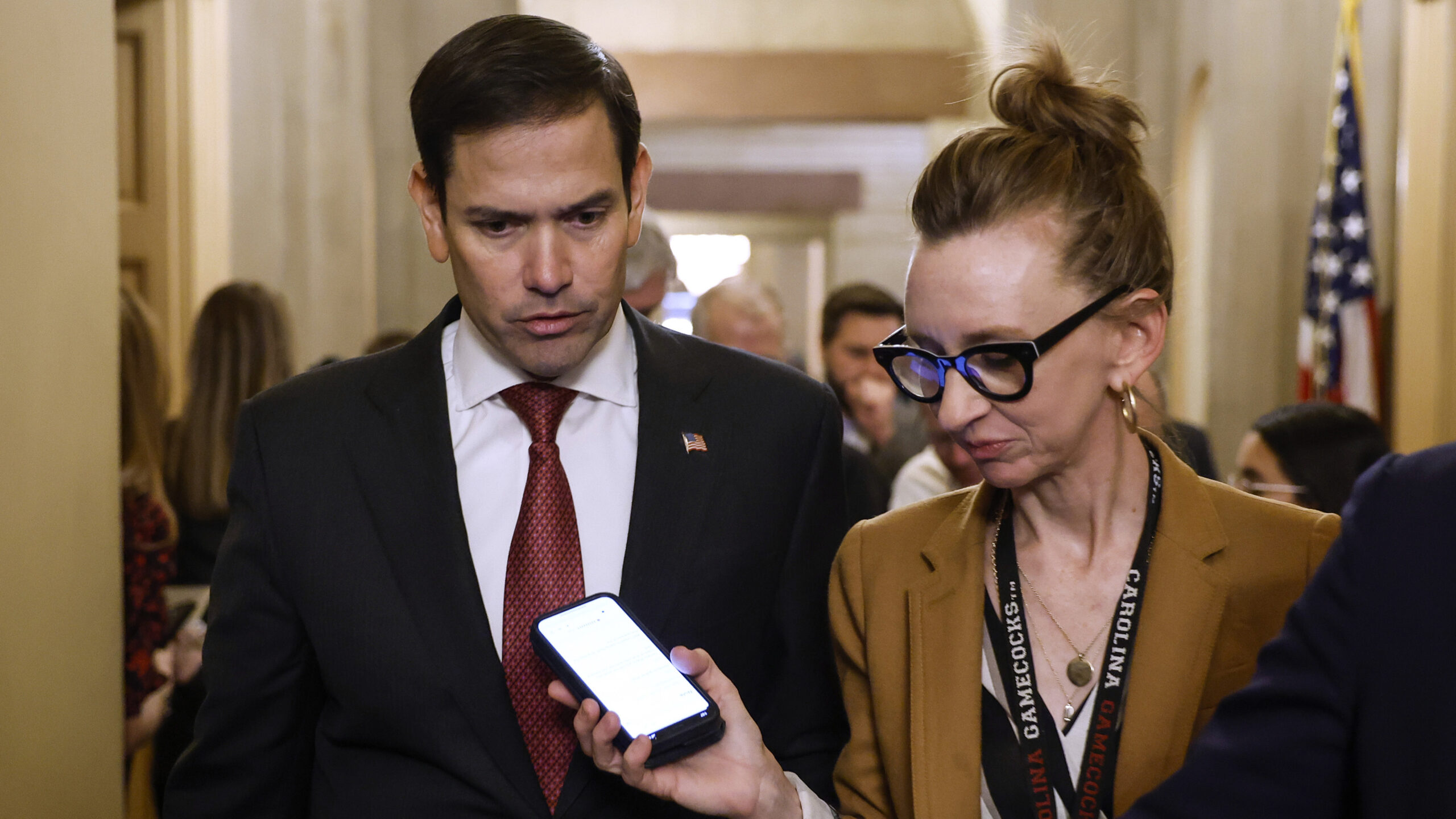FTC's Appeal Against Microsoft's Activision Blizzard Acquisition

Table of Contents
The FTC's Arguments Against the Acquisition
The FTC's core argument centers on the potential for anti-competitive practices and the stifling of competition within the gaming industry, particularly in the rapidly growing cloud gaming market.
Concerns Regarding Anti-competitive Practices
The FTC argues that Microsoft's acquisition of Activision Blizzard would create a monopoly, harming competition and ultimately consumers. They believe this merger would significantly reduce competition in several key areas:
- Exclusionary Practices: Microsoft could leverage its ownership of Activision Blizzard's popular franchises, most notably Call of Duty, to exclude rivals from the cloud gaming market. They could make these titles exclusive to their Xbox ecosystem, or offer significantly less favorable terms to competitors.
- Reduced Consumer Choice: The merger could limit consumer choice and lead to higher prices for gaming services. With less competition, Microsoft could increase subscription fees or limit access to popular titles.
- Stifled Innovation: The acquisition could reduce innovation within the gaming industry. A lack of competition can lead to complacency, fewer advancements, and less incentive for Microsoft to improve its services.
Focus on Call of Duty and Market Dominance
A significant portion of the FTC's argument hinges on Call of Duty's immense popularity and market dominance. The FTC highlights:
- Cross-Platform Appeal: Call of Duty's broad appeal across multiple platforms (PlayStation, Xbox, PC) makes it a crucial component in the FTC's concerns. Restricting access to this title could severely damage competitors.
- Exclusive Deals and Platform Limitations: The FTC fears that Microsoft could use Call of Duty as leverage, negotiating exclusive deals or imposing limitations on its availability on competing platforms.
- Market Control: The FTC aims to prevent Microsoft from using Call of Duty as a tool to gain unfair market dominance and stifle the competition.
Microsoft's Defense and Proposed Solutions
Microsoft counters the FTC's claims, asserting that the acquisition will ultimately benefit consumers through increased access to games and technological advancements.
Arguments Against Anti-Competitive Behavior
Microsoft argues that their acquisition will foster innovation and broaden consumer choice:
- Concessions and Long-Term Contracts: Microsoft has proposed several concessions, including long-term contracts to ensure Call of Duty remains available on competing platforms like PlayStation and Nintendo Switch. These agreements aim to address the FTC's concerns about exclusivity.
- Cloud Gaming Accessibility: Microsoft emphasizes its commitment to expanding access to cloud gaming, highlighting the benefits of integrating Activision Blizzard's technologies into its existing infrastructure.
- Market Power Rebuttal: Microsoft disputes the FTC's assessment of its market power and the potential for anti-competitive behavior, arguing that the gaming market is highly dynamic and competitive.
The Importance of Cloud Gaming
Both the FTC and Microsoft recognize the growing importance of cloud gaming:
- Microsoft's Cloud Gaming Investments: Microsoft's substantial investments in cloud gaming infrastructure are a crucial aspect of their overall strategy. The Activision Blizzard acquisition would significantly enhance their position.
- Content Library Expansion: Control of Activision Blizzard's extensive game library would greatly strengthen Microsoft's cloud gaming offerings, providing a powerful competitive advantage.
- FTC's Cloud Gaming Concerns: The FTC's concerns primarily revolve around the possibility of Microsoft using this enhanced position in cloud gaming to exclude or harm competitors.
Potential Outcomes and Implications of the Appeal
The FTC's appeal carries significant implications for both the gaming industry and consumers.
Impact on the Gaming Industry
A successful FTC appeal could reshape the landscape of the gaming industry:
- Increased Regulatory Scrutiny: This case could lead to increased regulatory scrutiny of large-scale mergers and acquisitions in the tech sector, impacting future deals.
- Changes to Merger Approval Processes: The appeal could result in adjustments to the approval processes for future mergers, potentially leading to stricter guidelines.
- Uncertainty for Other Companies: The outcome will influence the decisions of other companies considering similar acquisitions, creating uncertainty in the market.
Implications for Consumers
The final decision will directly affect consumers:
- Potential Price Increases: If the FTC's concerns are valid, consumers may face higher prices or limited access to specific titles.
- Platform Integration: Conversely, the acquisition could bring positive changes, such as better integration of games across different platforms.
- Long-Term Effects: The long-term impact on the gaming experience and consumer choice remains uncertain and hinges on the outcome of the appeal.
Conclusion
The FTC's appeal against Microsoft's Activision Blizzard acquisition is a pivotal moment for the gaming industry and antitrust law. The debate centers on competition, market dominance, and the transformative role of cloud gaming. The outcome will not only determine the fate of this specific deal but will also establish precedents for future mergers and acquisitions in the tech and gaming sectors. Staying informed about the developments in the FTC's appeal against Microsoft's Activision Blizzard acquisition is crucial for understanding the future of the gaming landscape. Monitor the case closely to grasp the broader implications for the gaming industry and the future of antitrust regulation in the digital age.

Featured Posts
-
 Russia Resumes Offensive In Ukraine Following Easter Truce
Apr 22, 2025
Russia Resumes Offensive In Ukraine Following Easter Truce
Apr 22, 2025 -
 Wildfire Woes And Wagers Examining The Trend Of Betting On The Los Angeles Fires
Apr 22, 2025
Wildfire Woes And Wagers Examining The Trend Of Betting On The Los Angeles Fires
Apr 22, 2025 -
 Pope Francis His Life His Legacy And A Church Transformed
Apr 22, 2025
Pope Francis His Life His Legacy And A Church Transformed
Apr 22, 2025 -
 Florida State University Security Flaw Fuels Student Anxiety Despite Quick Police Action
Apr 22, 2025
Florida State University Security Flaw Fuels Student Anxiety Despite Quick Police Action
Apr 22, 2025 -
 Cnn Exposes Tik Toks Just Contact Us Tariff Circumvention Strategy
Apr 22, 2025
Cnn Exposes Tik Toks Just Contact Us Tariff Circumvention Strategy
Apr 22, 2025
